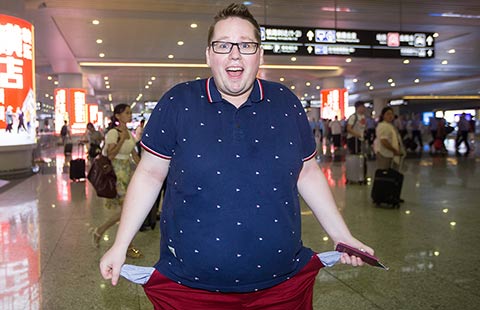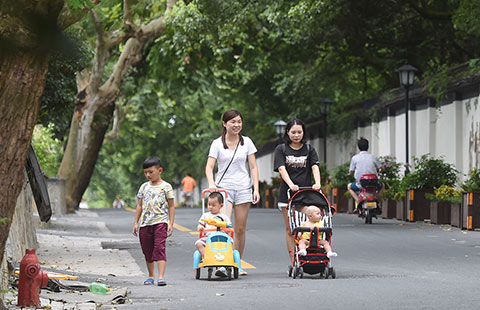Experts urge effective pension-adjusting mechanism
(Xinhua) Updated: 2013-01-10 10:52In the third quarter of 2012, the country's GDP grew by 7.4 percent year-on-year, slowing for the seventh consecutive quarter and down from 7.6 percent in the second quarter and 8.1 percent in the first, according to the National Bureau of Statistics.
China's consumer price index, a main gauge of inflation, grew 2 percent year-on-year in November, up from a 33-month low of 1.7 percent in October.
Zheng suggested that China should set up a permanent mechanism for adjusting corporate pension.
"The adjustment mechanism can take into full consideration the country's GDP, CPI and average salary," the CASS researcher said.
Zhou Tianyong, a professor with the Party School of the Central Committee of the CPC, echoed Zheng's view, saying that a sudden break in the trend of consecutive pension raises may provoke discontent.
More importantly, without a long-term mechanism for pension adjustment, the country's basic pension funds will find it difficult to strike a balance, the professor believes.
"If the pension funds of local authorities see an increasing amount of deficits, central financiers will have to make transfers to maintain their balances," he said.
Pension funds for retirees are set to face tremendous pressure as the proportion of old people in the country's total population is on the rise, according to Zhou.
Related Readings
Retirees' pensions get a hike
Pension insurance coverage to double by 2015
Pension gap exerts severe pressure
China's pension insurance covers 459m people
Wen urges spending on pension system
- Cofco to buy remaining stake in Nidera to take full ownership
- Simplified registration to help China's startups: official
- China's richest man set to seal two billion-dollar US film deals
- I am in Hangzhou: Freelance photographer Rodolphe
- China's G20 host city expands underground
- Top 5 smartwatches in customer satisfaction
- Meitu gets set for its massive HK listing
- Watchdata wristband swipe pays for subways, buses


















